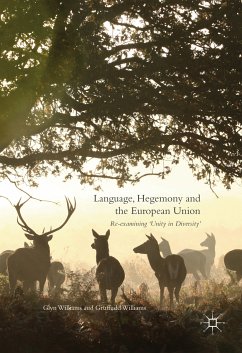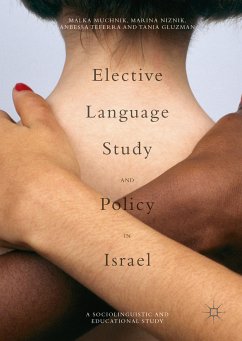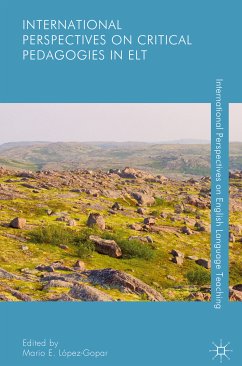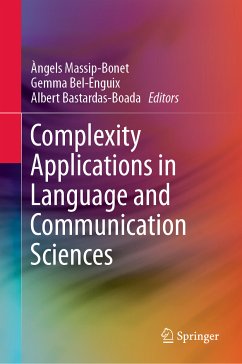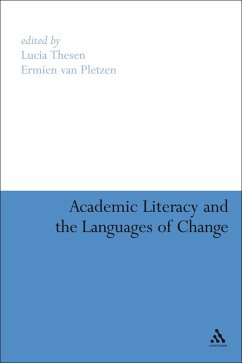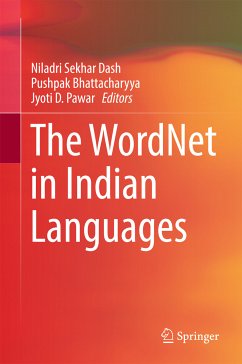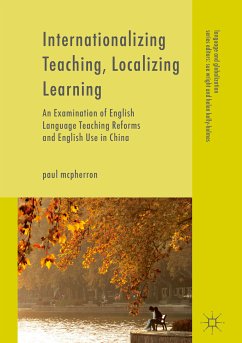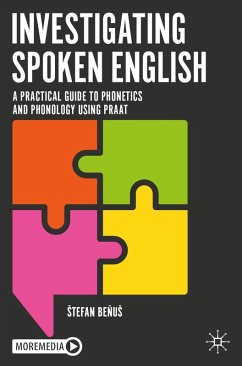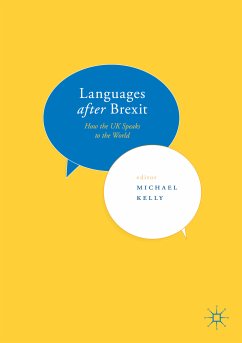
Languages after Brexit (eBook, PDF)
How the UK Speaks to the World
Redaktion: Kelly, Michael
Versandkostenfrei!
Sofort per Download lieferbar
36,95 €
inkl. MwSt.
Weitere Ausgaben:

PAYBACK Punkte
18 °P sammeln!
Represents the definitive assessment of the UK's language needs and capabilities as the country faces up to Brexit
Brings together leading experts in language policy from across politics, economics, business, science and education
Provides accessible, informed interventions on the key challenges and opportunities facing languages in the UK
Brings together leading experts in language policy from across politics, economics, business, science and education
Provides accessible, informed interventions on the key challenges and opportunities facing languages in the UK
Dieser Download kann aus rechtlichen Gründen nur mit Rechnungsadresse in A, B, BG, CY, CZ, D, DK, EW, E, FIN, F, GR, HR, H, IRL, I, LT, L, LR, M, NL, PL, P, R, S, SLO, SK ausgeliefert werden.



